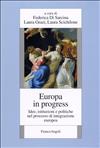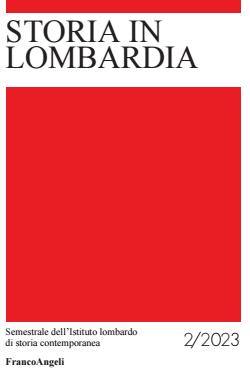
L’arrivo delle truppe francesi a Ferrara portò, nel 1797, al primo atterramento dei portoni del ghetto: dietro all’atto simbolico era il riconoscimento dei diritti a favore della minoranza ebraica per la quale significò l’immersione nella vita sociale, econo- mica e politica della città (e non solo), compreso il parziale abbandono delle abitazioni del vecchio quartiere. Significò anche opporsi e/o reagire alla forma mentis descritta da Ariel Di Porto quando afferma che «in Diaspora quello della separatezza dell’olio rispetto agli altri liquidi è stato un tema centrale per esplicare una visione del mondo che individuava nella separatezza la chiave per sopravvivere in un ambiente circostante maggioritario e spesso ostile». L’articolo inquadra la scelta residenziale ebraica effettuata di volta in volta a seguito delle quattro liberazioni dal ghetto che si sono succedute a Ferrara nel XIX secolo, puntando l’attenzione soprattutto al periodo dall’Unità d’Italia fino al 1943, per analizzare le opzioni adottate individualmente in rapporto con il livello di emancipazione e di assimilazione: lo scopo è individuare l’entità e la definizione urbana della migrazione intraurbana dall’ex ghetto oltre alle motivazioni sottese (matrimoni misti, posizione politica e professionale, ceto economico e culturale).


